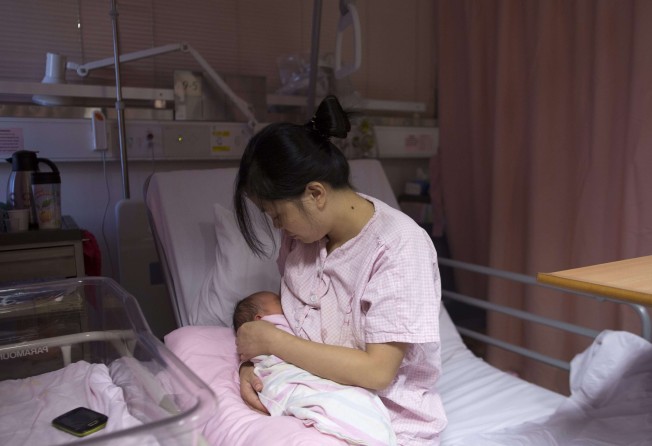The solution to China’s demographic time bomb lies in changing age-old attitudes
The data on male-female imbalance is worrying but punishment and regulations are not enough; ultimately, civic education is key

By the law of nature, male babies should only slightly outnumber females. Ultimately societies defy the rule at peril to their stability. The mainland has been doing it for a long time, because of a traditional cultural preference for boys, compounded by the one-child policy. Measures introduced in 2002 to rein in the imbalance, targeting pre-birth gender scanning and selective abortion, have had limited effect. Now the authorities are getting serious with an overdue overhaul of them.
The boy-girl birth ratio has risen from 108.5 to 100 in 1982 – just outside the international standard of 103 to 107 – to 115 in 1994 and a peak of 121.2 in 2004, after which it began to level off and then decline. A sample survey by the National Bureau of Statistics found the ratio stood at 113.5 last year. But it is still far too high and the lower it gets the more population planners run into core cultural resistance. As a result, demographers estimate, 20 million to 34 million more boys than girls have been born in the last three decades.
Fortunately two factors in China’s rise mitigate against the imbalance. Growing urbanisation is expected to help, but some public policies such as land inheritance in rural areas sustain a preference for boys. Relaxation of the one-child policy and the adoption of the two-child policy last year is also seen as having been positive for gender balance. Perversely, however, some people fear the opposite could be true if parents of a girl need not fear punishment for having a second child to try to get a boy, but may not want a second if the first-born is a boy. This is speculation at this stage but it would exacerbate a very serious population issue which, if not addressed effectively soon, could have untold consequences for social stability and cohesion within a decade.
Hong Kong laboratories play a leading role in DNA testing of blood samples sent across the border to get around the ban on sex-selection. Last year, 14 mainland government agencies issued a joint circular to stop collection and movement of samples. Beijing has revised the 2002 rules to tighten regulation of production, sales and use of medical equipment such as ultrasound scanners, chromosome test kits and abortion drugs, and family planning authorities will crack down on selective abortion. But there is a need for more than punishment, such as intensive civic education about the kind of conflicted society that could be shaped by too many males, and incentives to move on from a tradition overtaken by modernisation.